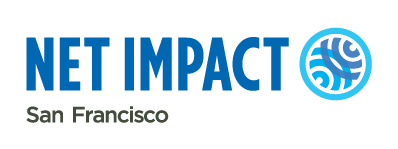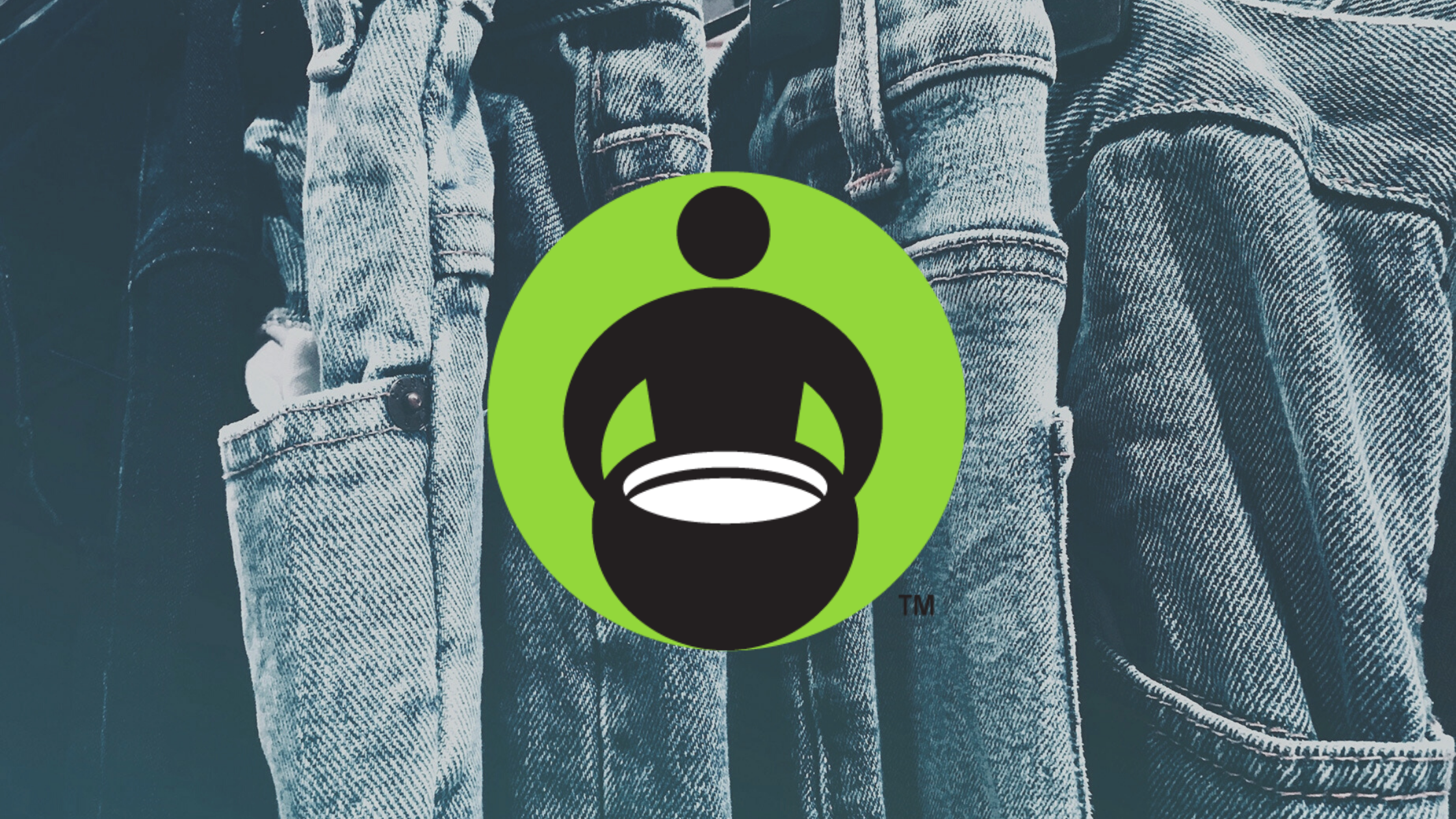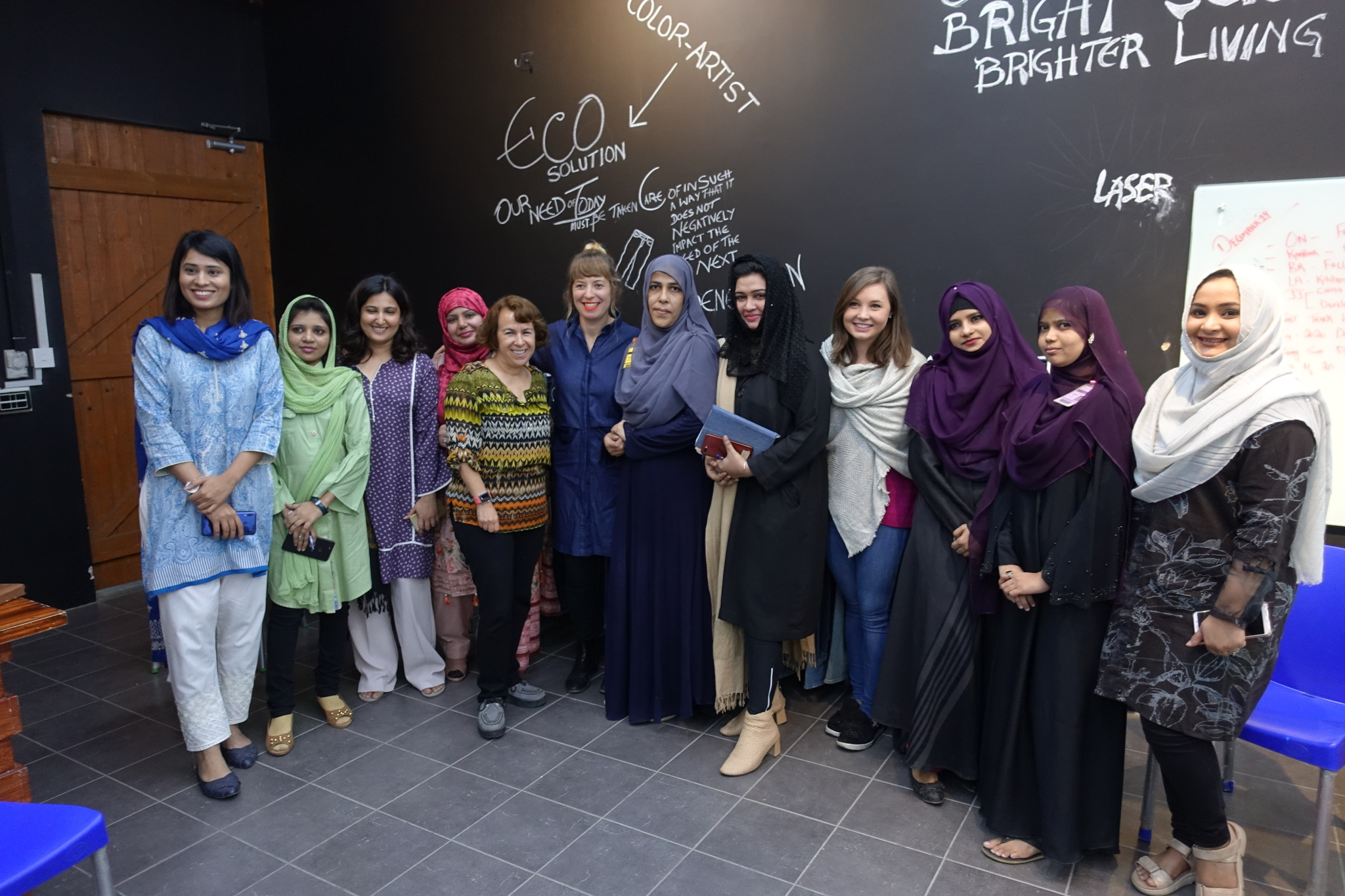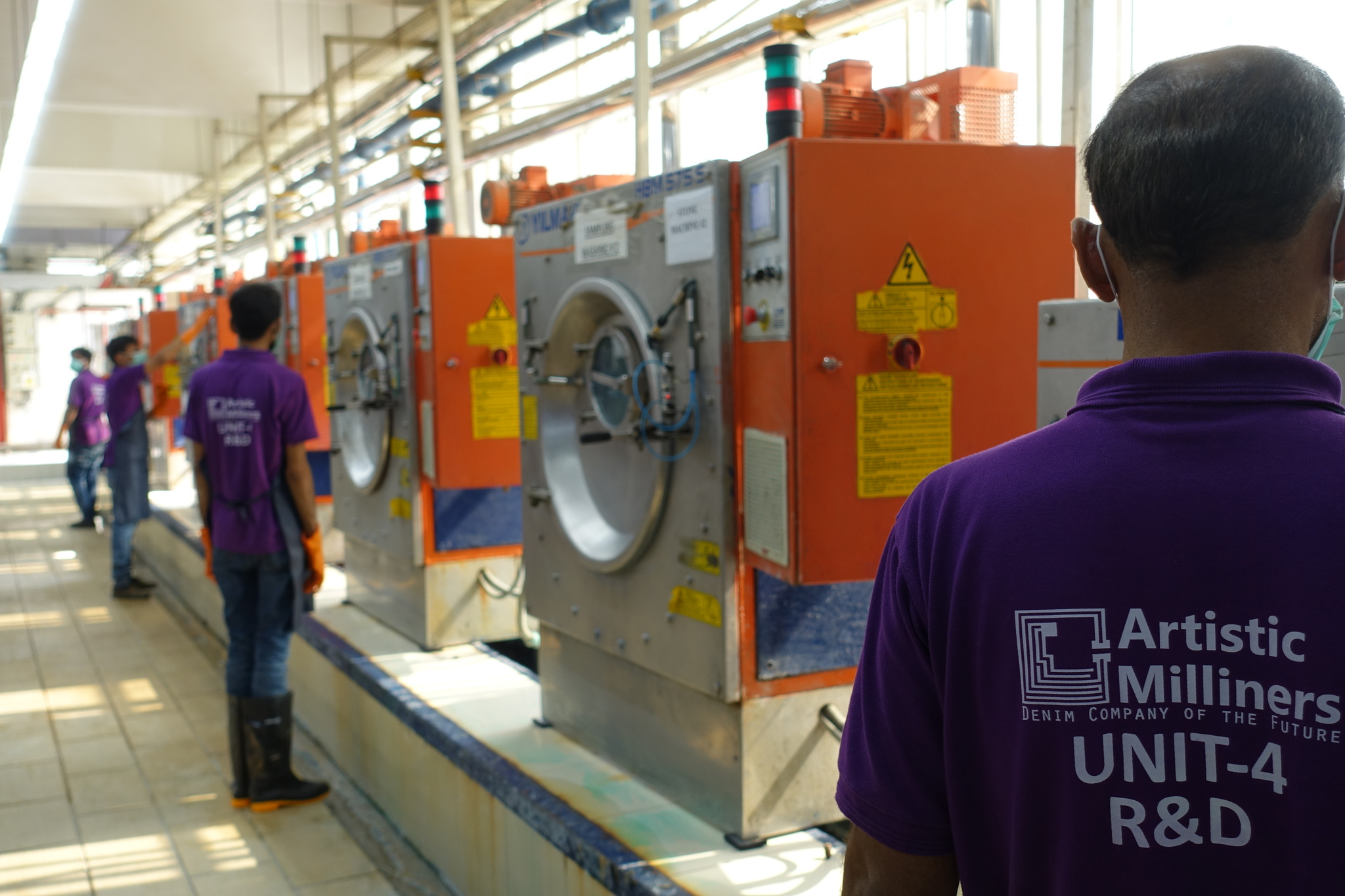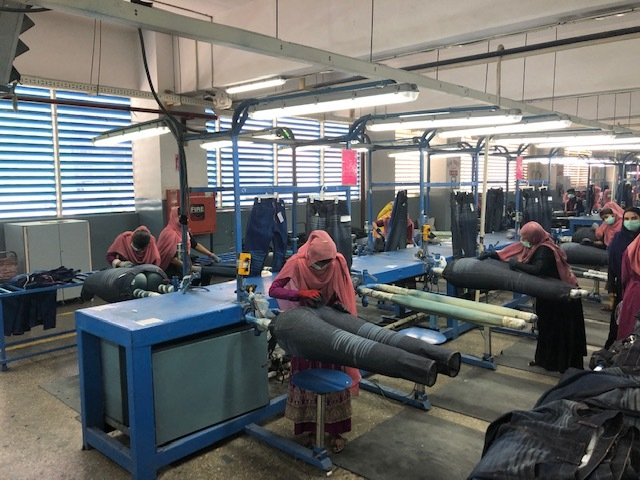Why Fair Trade: Every Purchase Matters
/In honor of Fair Trade Month in October, Net Impact San Francisco sat down with Syeda Faiza Jamil of Artistic Milliners, a Fair Trade Certified denim factory in Pakistan. It was an exciting opportunity to learn directly from a sustainability professional about the work Artistic Milliners is doing to promote safer working conditions, improve livelihoods, and produce denim in a more sustainable way.
Faiza joined Artistic Milliners in 2015 after dedicating six years to research and innovation in the field of performance textiles, sustainability, and water chemistry. As the head of the Corporate Responsibility Department at Artistic Milliners, she has supported the company’s commitment to invest in their workers and facilitate their personal and professional progress, as well as all their sustainability initiatives. Out of all the sustainability initiatives, Faiza believes Fair Trade USA has stood out for its commitment to support factories year-over-year to protect and engage workers in ways that empower them to have a voice.
Fair Trade USA partners with brands and factories around the world to create meaningful social change. A non-profit organization based in Oakland, California and the largest third party certifier of product in North America, many people will recognize the logo on products like coffee, sugar, tea, and bananas. For the last eight years, Fair Trade USA has been working on a manufacturing program so consumers can find Fair Trade Certified goods from t-shirts to home furniture. Products with the Fair Trade Seal means producers are committed to providing safe working conditions, the advancement of worker livelihoods, and protection of the environment. It also allows consumers to feel good about their purchases knowing that their products are Fair Trade Certified. This comprehensive value-adding supply chain approach is what differs Fair Trade from other certifications.
Once a producer becomes Fair Trade Certified, partner brands can buy a product from a certified producer on fair trade terms. Fair trade terms require buyers to pay an additional cost on the product - that extra amount of money goes into a separate worker-managed bank account. The factory workers then democratically elect a fair trade committee that determines how to invest those funds based on the needs and issues of each workforce. For Artistic Milliners, many workers have experienced trouble affording groceries during the pandemic and have collectively decided to allocate their premium funds toward buying grocery cards for workers.
As the world continues to feel the impact of the pandemic, Faiza expresses that it's no exaggeration to say that your decision about where to put your dollars has the power to sustain communities both locally and globally. While there are undoubtedly many challenges in the apparel supply chain, it will take the efforts of consumers, brands, and factories alike to create a brighter future. So, if you’re buying your next pair of jeans, look for the Fair Trade Certified seal and know that your purchase matters. Ask your favorite brand what they are doing to support the factories and people who make the clothes and know that creating change will take time.
It’s never too soon to begin making more conscious and sustainable decisions.
Watch the recording of the coffee chat with Faiza on Net Impact San Francisco’s YouTube.
